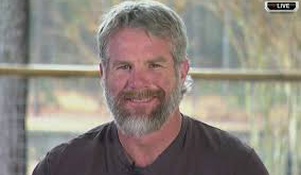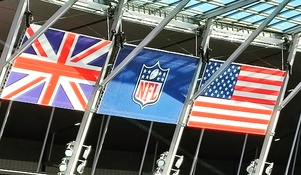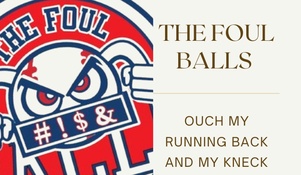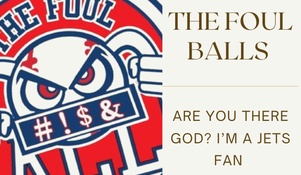Professional Sports: What is their retirement any way?

Thought I'd do a bit of an informational piece here. Many pro athletes in the USA go broke after retirement. They simply spend more than they take in. However if they can survive long enough in their careers there's a bit of a pot of gold at the end of the rainbow. A full career in professional sports is judged at approximately 10 years at which point benefits are maximized. Most players don't last that long and get subsidized benefits.
Major League Baseball's plan is widely considered to be the best benefits among professional sports. After only 43 days playing in MLB the player is vested and earns a minimum pension of roughly $34,000 a year, and even a single day playing major league ball earns lifetime health care plan coverage (at some cost to the player). For every year of service after 1 a MLB players adds about another $19,500 annually, the benefit would grow annually to the IRS maximum yearly pension of approximately $210K after ten years. MLB players may start collecting at age 62 for full benefits. On top of that, they get a 401K employer contribution of $27,000 per year of service whether a player matches or not. The average MLB career is 5-6 years.
In a close 2nd is NBA basketball, players are fully vested after 3 seasons. When players reach the age of 62, they are eligible to collect, at a minimum, nearly $57,000 a year. For every additional year of service after 3, a NBA player gains approximately $17,300 annually. For players who can make it 11 seasons, the benefit caps out at the current IRS max of $210,000. Players who take part in a 401(k) plan earn matching contributions of up to 140% up to the IRS maximum of $53,000. The NBA, as of 2015, offers health care plan coverage for vested retirees. The average NBA career is 4-5 years.
In NHL hockey, for each season played with a NHL club, a player will receive a guaranteed income when they turn 62 years old. Players are vested after playing 1 NHL season. The current minimum is $21,000 annually. For each additional season a player will add approximately an additional $21,000. If a player plays for ten seasons they will earn the maximum annual retirement IRS benefit, currently $210,000. If you need this pension income to begin before you are 62 years old you have the ability to do so as early as age 45 with reduced monthly pay outs. The average NHL career is 5-6 years.
The NFL plan is arguably the worst of the big 4 sports but much improved in the past 10 years. In the NFL plan, players are vested after 3 seasons. The current minimum is $22,560 annually for those 3 years of service. For each additional season, a player will add approximately $7,920. The 401(k) plan, called the NFL Player Second Career Savings Plan, offers a annual matching contribution of up to 200% up to the IRS maximum of $53,000. For players with four seasons or more of service, there is also a $65,000 annuity bonus. There's severance package of $20,000 per year of service in the NFL after going with out a contract for 12 months. Players get $25,000 a service year put into a Health Retirement Account, also getting health insurance for the first 5 years after retirement. With all the attention being given to concussions and the health dangers of football I would look for an increase in benefits from the NFL in future bargaining agreements. The average NFL career is 3-4 years.
As an aside, public school teachers get approximately $1200 a year per of teaching credit if they wait until age 67. $1000 a year, if they collect at age 62. $800 a year if you start at age 55. So a 10 yr teacher would get $10,000 a year at age 62. As far as a 401K/403B an experienced teacher can expect about a $1000-1500 or 2.5% yearly match. Most school districts do not offer retiree health insurance.
These are the current bargaining units as I could find, are approximations not to be taken or used as hard facts. They change with inflation (upward), have many many clauses and other long verbage, change with IRS laws and other stipulations. Again this just based off my research and not to be used for hard fact.
Sources: http://www.thestreet.com/story/10983698/1/even-pro-athletes-worry-about-retirement.html http://www.investopedia.com/financial-edge/0710/top-pro-athlete-pension-plans.aspx https://www.linkedin.com/pulse/nhl-pension-plan-brady-morrison-cfp-





